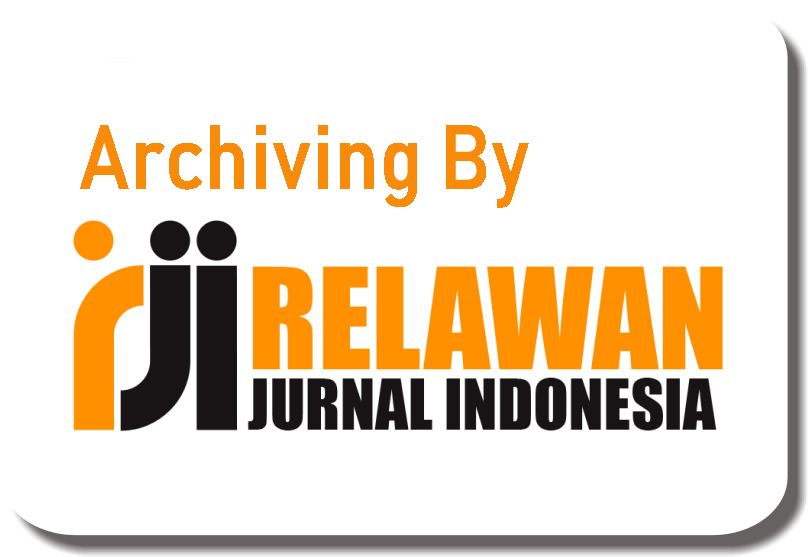Analysis of Difficulties in Writing Quran Verses in Islamic Religious Education Subject of Grade V Students of Keraton State Elementary School, Baubau City
Abstract
At the elementary school level, learning difficulties are a natural part of the educational process, particularly in Islamic religious education. One common challenge faced by students is the difficulty in writing fragments of Qur’anic verses or surahs. This study aims to analyze the underlying causes of students’ difficulties in writing Qur’anic texts, as well as to identify the inhibiting and supporting factors involved in the process. The research employs a qualitative approach and follows three stages: observation, interviews, and documentation. These data collection procedures are essential steps in obtaining a comprehensive understanding of the issue. This study further explores the challenges students face in writing Qur’anic verses accurately and in accordance with proper writing conventions. Learning to write the Qur’an offers numerous benefits. Not only does it enhance students’ fine motor skills, but it also supports the development of their memorization abilities. Through the practice of repeated writing, students are more likely to internalize and remember the verses, as repetition is a powerful tool in reinforcing memory—people often recall what they repeatedly write.
Keywords
Full Text:
PDFReferences
Caesaria Maulida, S. (2023). Implementation of Al-Qur'an Reading and Writing Activities Through Iqro Media in Al-Islami Learning in Elementary Schools . 7 (2), 211–218.
Fauziah, AH (2024). The Urgency of the Qur'an as a Learning Medium in Producing Islamic Students . 2 , 364–368
Harahap, Y., Kurrahman, OT, & Rusmana, D. (2024). Historical Analysis of the Development of Islamic Religious Education Curriculum in Indonesia Sunan Gunung Djati State Islamic University Bandung, Indonesia historical curriculum development. Historical basis in curriculum development . https://doi.org/https://doi.org/10.55606/jcsr-politama.v2i6.4619
Mutiah, M., Zainuddin, Z., & Noviani, D. (2024). The Ottoman Method Approach: An Effective Strategy to Improve Al-Quran Reading Literacy at SD IT Menara Fitrah The Ottoman Method Approach ....... 6 (2). https://doi.org/https://doi.org/10.35891/muallim
Nusroh, Siti; Ahsani, F. (2019). Analysis of Learning Difficulties in Islamic Religious Education (PAI) and How to Overcome Them. Belajea: Journal of Islamic Education , 5 (1), 157–164. https://doi.org/10.29240/belajea.v4i2.891
Rofi'i, A. (2020). Collaborative Learning Model to Improve Writing Skills. Educational Transformation as an Effort to Realize Sustainable Development Goals (SDCs) in the Era of Society 5.0” , 509–525.
Rowis. (2024). Implementation of Quranic Literacy in Islamic Religious Education Learning and Its Problems for Students. Damhil Education Journal , 5 , 1–11. https://doi.org/10.37905/dej.v5i1.2655
Septianti, I., Habibi Muhammad, D., & Susandi, A. (2021). Islamic Educational Values in the Qur'an and Hadith. FALASIFA: Journal of Islamic Studies , 12 (02), 23–32. https://doi.org/10.36835/falasifa.v12i02.551
Septina, A., Muyasaroh, M., Noviani, D., & Wulandari, D. (2023). The Qur'an and its Urgency in Human Life. Ta'rim: Journal of Education and Early Childhood , 4 (3), 127–135. https://doi.org/10.59059/tarim.v4i3.211
Sugiyono. (2021). Quantitative, Qualitative and R and D Research Methods/Dr. Sugioyo (Sutopo (ed.); Ed. 2. Print). Alphabet.
Wibowo, YR, Salfadilah, F., & Rahelli, Y. (2025). Theoretical Study: Al-Qur'an as the Foundation for Character Education in Early Childhood . 12 (1), 61–71.
DOI: https://doi.org/10.31004/jele.v10i3.848
Refbacks
- There are currently no refbacks.
Copyright (c) 2025 Salsafira Salsafira, Muhammad Ridwan, Safaruddin Yahya

This work is licensed under a Creative Commons Attribution-ShareAlike 4.0 International License.



